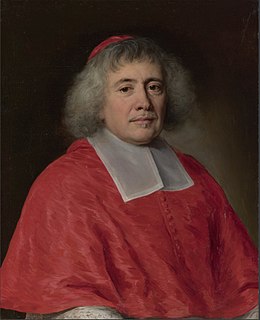A Quote by James Madison
[Regarding legislative assemblies,] the number ought at most to be kept within a certain limit, in order to avoid the confusion and intemperance of a multitude. In all very numerous assemblies, of whatever characters composed, passion never fails to wrest the scepter from reason. Had every Athenian citizen been a Socrates, every Athenian assembly would still have been a mob.
Related Quotes
Thou knowest how numerous this tribe is, how united and how powerful in the assemblies. I will plead in a low voice so that only the judges may hear, for instigators are not lacking to stir up the crowd against me, and against all the best citizens. To scorn, in the interest of the Republic, this multitude of Jews so often turbulent in the assemblies shows a singular strength of mind. The money is in the Treasury; they do not accuse us of theft; they seek to stir up hatreds.
At least since the Industrial Revolution, the world of design has been dominated by the rigors of manufacturing and mass production. Assembly lines have dictated a world made of parts, framing the imagination of designers and architects who have been trained to think about their objects as assemblies of discrete parts with distinct functions.
It seems to me that if one had kept silence up to now regarding religion, people would still be submerged in the most grotesque and dangerous superstition ... regarding government, we would still be groaning under the bonds of feudal government ... regarding morals, we would still be having to learn what is virtue and what is vice. To forbid all these discussions, the only ones worthy of occupying a good mind, is to perpetuate the reign of ignorance and barbarism.
To have two Legislative Assemblies in the United Kingdom would, in my opinion, be an intolerable mischief; and I think no sensible man can wish for two within the limits of the present United Kingdom who does not wish the United Kingdom to become two or more nations, entirely separate from each other.
Eloquence, when at its highest pitch, leaves little room for reason or reflection; but addressing itself entirely to the fancy or the affections, captivates the willing hearers, and subdues their understanding. Happily, this pitch it seldom attains. But what a Tully or a Demosthenes could scarcely effect over a Roman or Athenian audience, every Capuchin, every itinerant or stationary teacher can perform over the generality of mankind, and in a higher degree, by touching such gross and vulgar passions.
Wherever we find orderly, stable systems in Nature, we find that they are hierarchically structured, for the simple reason that without such structuring of complex systems into sub-assemblies, there could be no order and stability- except the order of a dead universe filled with a uniformly distributed gas.
































